First Carlist War (1833 to 1839)
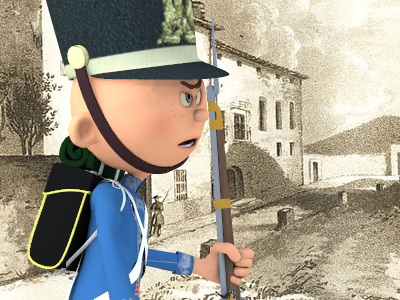
Battle of Maella (1838)
- Outline
-
Battles
- Battle of Alsasua (1834)
- Battle of Alegría de Álava (1834)
- Battle of Venta de Echavarri (1834)
- Battle of Mendaza (1834)
- First Battle of Arquijas (1834)
- Second Battle of Arquijas (1835)
- Battle of Artaza (1835)
- Battle of Mendigorría (1835)
- Battle of Arlabán (1836)
- Battle of Terapegui (1836)
- Battle of Villarrobledo (1836)
- Battle of Majaceite (1836)
- Battle of Luchana (1836)
- Battle of Oriamendi (1837)
- Battle of Huesca (1837)
- Battle of Villar de los Navarros (1837)
- Battle of Aranzueque (1837)
- Battle of Maella (1838)
- Battle of Peñacerrada (1838)
- Battle of Ramales (1839)
The Battle of Maella was a battle of the First Carlist War, occurring on October 1, 1838, near the Aragonese town of Maella. The battle was a Carlist victory and resulted in the routing of most of the Liberal forces.
The Carlist forces were composed of some 3,500 infantrymen and 500 cavalry.
The Liberals counted on some 5,000 infantry and 300 cavalry.
During the fighting, Ramón Cabrera was wounded in the arm but led a desperate cavalry charge, raising the morale of his forces and throwing the Liberal forces into disarray. The Liberal forces counterattacked, throwing the Carlist left guard into disarray. However, Cabrera led four companies of infantry and defeated the Liberal forces. Pardiñas also attempted to rally his troops, but was unsuccessful, and he died in combat.
The Liberals retreated to Caspe.
-
Outline of the First Carlist War (1833 to 1839)

HISTORIC BATTLES
First Carlist War (1833 to 1839)
The First Carlist War was a civil war in Spain from 1833 to 1839, fought between factions over the succession to the throne and the nature of the Spanish monarchy. It was fought between supporters of the regent, Maria Christina, acting for Isabella II of Spain, and those of the late king's brother, Carlos de Borbón (or Carlos V). The Carlists supported return to an absolute monarchy. View Historic Battle »
Basque Reasons for Carlist Uprising: Since the 18th century, a new emergent class had an interest in weakening the powerful Basque nobles and their influence in commerce, including that extending throughout the world with the help of the Jesuit order.
The Contenders: Another important reason for the massive mobilisation of the western Basque provinces and Navarre for the Carlist cause was the tremendous influence of the Basque clergy in the society, one that still addressed to them in their own language, Basque, unlike school and administration, institutions where Spanish had been imposed by then.
The Combatants: Both sides raised special troops during the war. The Liberal side formed the volunteer Basque units known as the Chapelgorris, while Tomás de Zumalacárregui created the special units known as aduaneros.
War in the Northern Front: The Basque regional governments of Biscay, Álava, and Gipuzkoa followed suit by pledging obedience to Zumalacárregui.
War in the Southern Front: In the south, the Carlist general Miguel Gómez Damas attempted to establish a strong position there for the Carlists, and he left Ronda on November 18, 1836, entering Algeciras on November 22.
The End of War: The war effort had taken a heavy toll on Basque economy and regional public finances with a population shaken by a myriad of war related plights.
Consequences: The financial and trading bourgeoisie burgeoned, but after Carlist war the Treasury's coffers were depleted and the army pending discharge.
-
Battles of the First Carlist War (Chronology)

HISTORIC BATTLES
Battles of the First Carlist War (Chronology)
Battle of Alsasua (April 22, 1834) - Carlist victory
Battle of Alegría de Álava (October 27, 1834) - Carlist victory
Battle of Venta de Echávarri (October 28, 1834) - Carlist victory
Battle of Mendaza (December 12, 1834) - Liberal victory
First Battle of Arquijas (December 15, 1834) - Liberal victory
Second Battle of Arquijas (February 5, 1835) - Carlist victory
Battle of Artaza (April 22, 1835) - Carlist victory
Lord Eliot Convention April 27–28, 1835 - British-sponsored agreement between Carlists and Liberals regarding treatment of prisoners
Battle of Mendigorría (July 16, 1835) - Liberal victory
Battle of Arlabán (January 16–18, 1836) - Carlist victory
Battle of Terapegui (April 26, 1836) - Liberal victory
Battle of Villarrobledo (September 20, 1836) - Liberal victory
Battle of Majaceite (November 23, 1836) - Liberal victory
Battle of Luchana (December 24, 1836) - Liberal victory
Battle of Oriamendi (March 16, 1837) - Carlist victory
Battle of Huesca (March 24, 1837) - Liberal victory
Battle of Villar de los Navarros (August 24, 1837) - Carlist victory
Battle of Aranzueque (September 1837) - Liberal victory, end of Carlist campaign known as the Expedición Real
Battle of Maella (October 1, 1838) - Carlist victory
Battle of Peñacerrada (June 20–22, 1838) - Liberal victory
Battle of Ramales (May 13, 1839) - Liberal victory
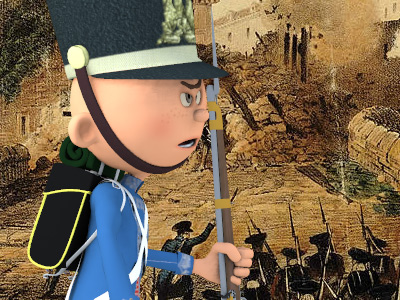
First Carlist War (1833 to 1839)
The First Carlist War was a civil war in Spain from 1833 to 1839, fought between factions over the succession to the throne and the nature of the Spanish monarchy. It was fought between supporters of the regent, Maria Christina, acting for Isabella II of Spain, and those of the late king's brother, Carlos de Borbón (or Carlos V). The Carlists supported return to an absolute monarchy.
- Basque Reasons for Carlist Uprising
- The Contenders
- The Combatants
- War in the Northern Front
- War in the Southern Front
- The End of War
- Consequences
Belligerents of War
| Carlists | Liberals |
|---|---|
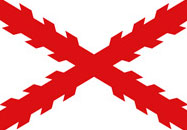 |
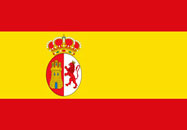 |
Date: 1833 – 1839
Location: Spain
Result: Liberal Victory
Battles of the First Carlist War
- Battle of Alsasua (1834)
- Battle of Alegría de Álava (1834)
- Battle of Venta de Echavarri (1834)
- Battle of Mendaza (1834)
- First Battle of Arquijas (1834)
- Second Battle of Arquijas (1835)
- Battle of Artaza (1835)
- Battle of Mendigorría (1835)
- Battle of Arlabán (1836)
- Battle of Terapegui (1836)
- Battle of Villarrobledo (1836)
- Battle of Majaceite (1836)
- Battle of Luchana (1836)
- Battle of Oriamendi (1837)
- Battle of Huesca (1837)
- Battle of Villar de los Navarros (1837)
- Battle of Aranzueque (1837)
- Battle of Maella (1838)
- Battle of Peñacerrada (1838)
- Battle of Ramales (1839)
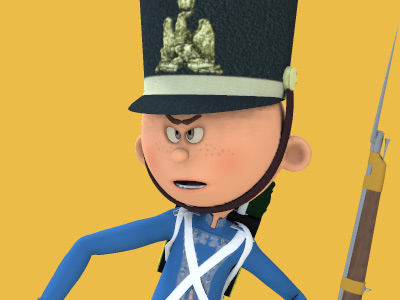
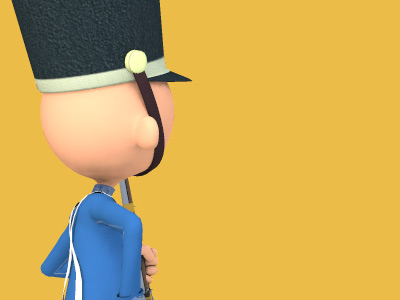

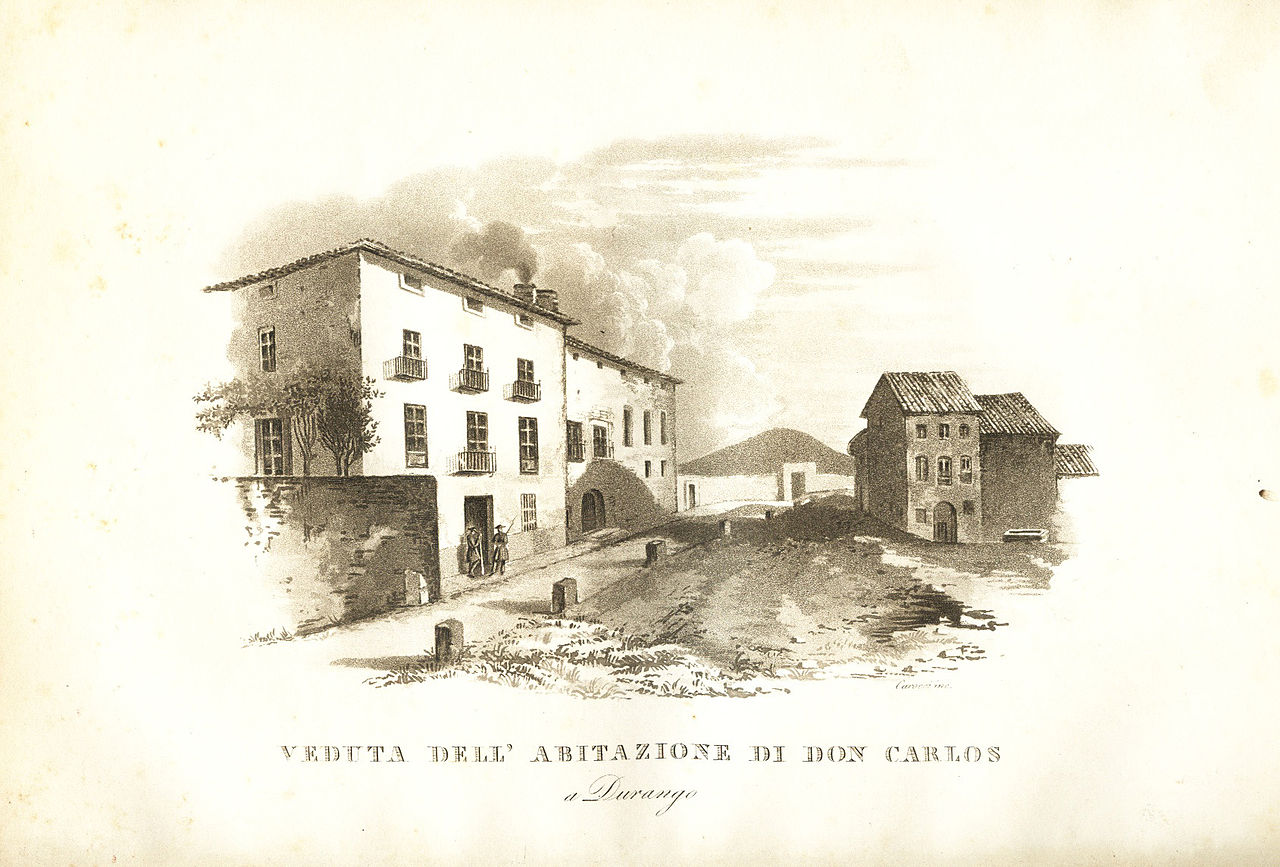
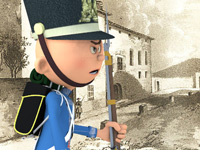
RESOURCES
This article uses material from the Wikipedia articles "First Carlist War" and "Battle of Maella", which is released under the Creative Commons Attribution-Share-Alike License 3.0.
© Stories Preschool. All Rights Reserved.
"Building Cool Educational Stuff for children and adults!"


Historic Battles
Wars and military campaigns are guided by strategy, whereas battles take place on a level of planning and execution known as operational mobility.
View Historic Battles »


Historic People
A historical figure is a famous person in history, such as Alexander the Great, Admiral Yi Sun-Shin, Abraham Lincoln, George Washington, Christopher Columbus, or Napoleon Bonaparte.
View Historic People »


Historic Timeline
Describes the history of humanity as determined by the study of archaeological and written records. Ancient recorded history begins with the invention of writing.
View Historic Timeline »

Historic Legends
Beings in myths are generally gods and goddesses, heroes and heroines, or animals and plants. Most myths are set in a timeless past before recorded time or beginning of the critical history.
View Historic Legends »

Sports World
Includes competitive games which, through casual or organized participation, aim to use, maintain or improve physical ability and skills while providing enjoyment to participants.
View Sports World »

Untold Stories
If you have any questions, feedback or suggestions for us, we'd like to hear from you. Please feel free to contact us!
Contact Us

Historic Battles
Wars and military campaigns are guided by strategy, whereas battles take place on a level of planning and execution known as operational mobility.
View Historic Battles »

Historic People
A historical figure is a famous person in history, such as Alexander the Great, Admiral Yi Sun-Shin, Abraham Lincoln, George Washington, Christopher Columbus, or Napoleon Bonaparte.
View Historic People »

Historic Timeline
Describes the history of humanity as determined by the study of archaeological and written records. Ancient recorded history begins with the invention of writing.
View Historic Timeline »

Historic Legends
Beings in myths are generally gods and goddesses, heroes and heroines, or animals and plants. Most myths are set in a timeless past before recorded time or beginning of the critical history.
View Historic Legends »

Sports World
Includes competitive games which, through casual or organized participation, aim to use, maintain or improve physical ability and skills while providing enjoyment to participants.
View Sports World »

Untold Stories
If you have any questions, feedback or suggestions for us, we'd like to hear from you. Please feel free to contact us!
Contact Us
Historic Battles
Wars and military campaigns are guided by strategy, whereas battles take place on a level of planning and execution known as operational mobility.
View Historic Battles »

Historic People
A historical figure is a famous person in history, such as Alexander the Great, Admiral Yi Sun-Shin, Abraham Lincoln, George Washington, Christopher Columbus, or Napoleon Bonaparte.
View Historic People »

Historic Timeline
Describes the history of humanity as determined by the study of archaeological and written records. Ancient recorded history begins with the invention of writing.
View Historic Timeline »

Historic Legends
Beings in myths are generally gods and goddesses, heroes and heroines, or animals and plants. Most myths are set in a timeless past before recorded time or beginning of the critical history.
View Historic Legends »

Sports World
Includes competitive games which, through casual or organized participation, aim to use, maintain or improve physical ability and skills while providing enjoyment to participants.
View Sports World »

Untold Stories
If you have any questions, feedback or suggestions for us, we'd like to hear from you. Please feel free to contact us!
Contact Us